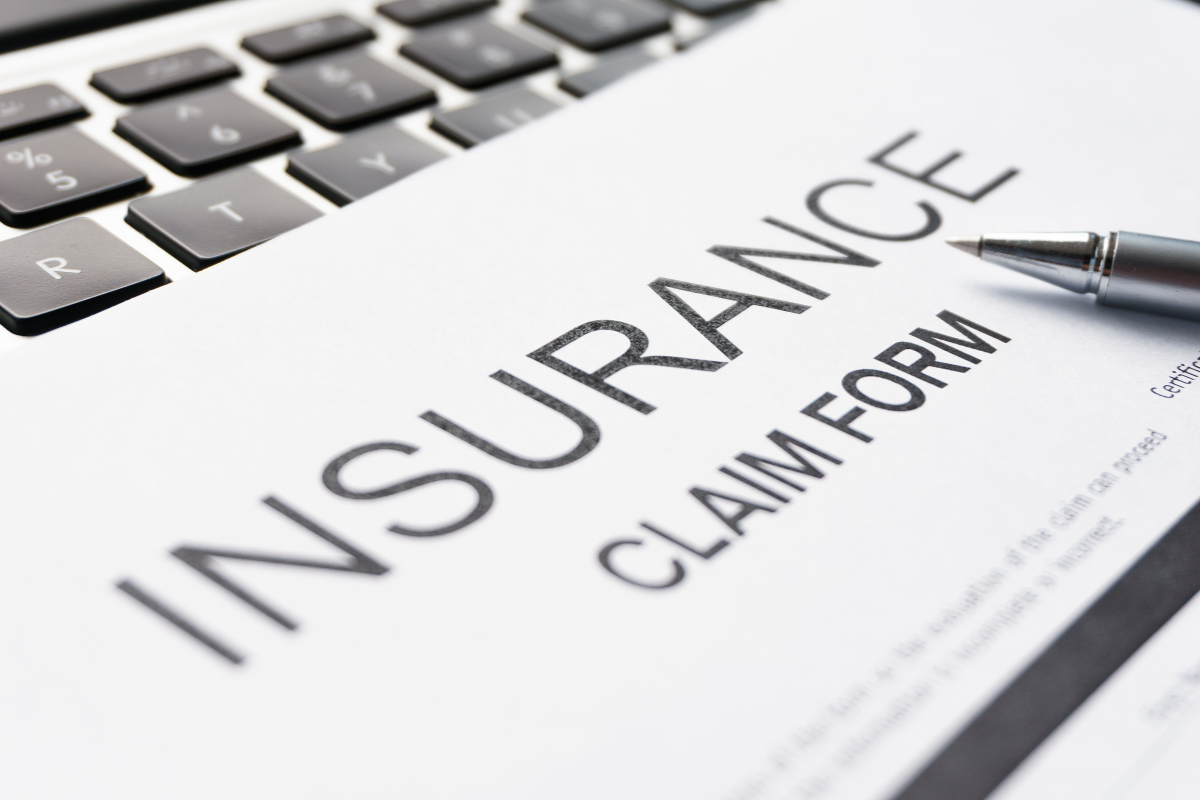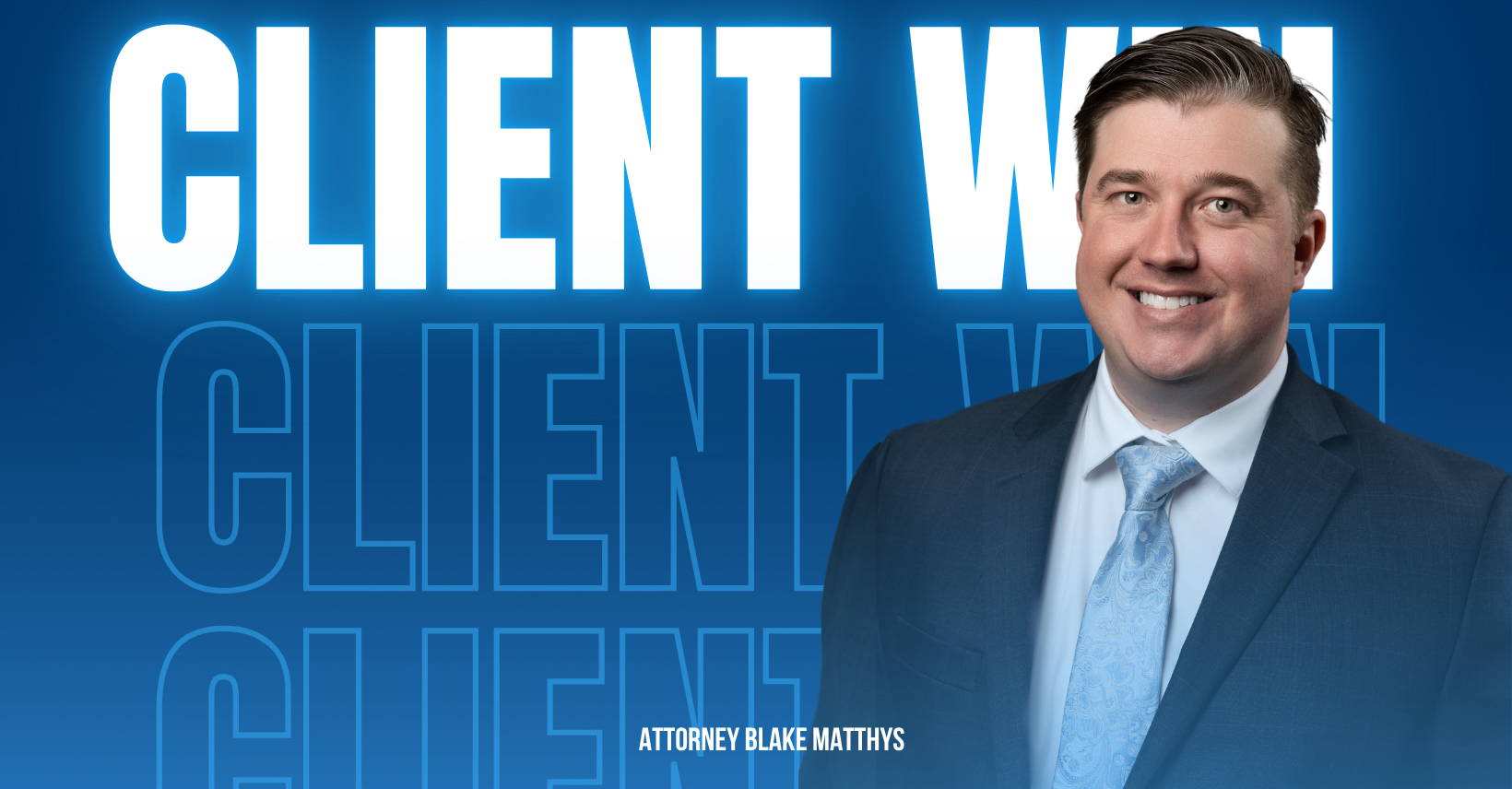The Carlson Law Firm is currently not accepting new bankruptcy clients. This article is for informational purposes only.
For many millennials, debt means working eight-hour days and 40-hour work weeks and still barely being paid enough to cover rent, student loans, credit card bills, and food for the next month. Still, you wake up every day and go to work. You know that you need to start looking for a better paying job but worry about possible credit checks. In addition to unpaid student loan debt negatively affecting your credit, you might have amassed a massive amount of unsecured debt from credit cards and store cards. Did you know that filing for bankruptcy can actually open new doors to you?
Many states allow companies to consider your credit history before offering you a position within their ranks. The fear of not getting your dream job because of poor credit may prevent you from looking at your options of getting out of debt. Maybe you think you’re too young to consider bankruptcy; however, bankruptcy could be the relief you’re looking for.
A bankruptcy attorney understands that sometimes you may need to push your credit card payments into the next month to keep your lights on. The bankruptcy attorneys at The Carlson Law Firm also understand that post-bankruptcy discrimination can be a real fear for many young people.
Maybe you’re putting off marrying your college sweetheart to get out of debt first but are unsure where to start. Or, maybe you don’t understand how your peers are eating in cool restaurants every night and traveling to exotic locations while you’re drowning in debt. You can take the first step to get rid of debt by contacting The Carlson Law Firm.
Will Filing for Bankruptcy Get Rid of My Student Loan Debt?
First and foremost, let’s address the obvious. Astronomical student loan payments on very little money are why many millennials are continuing to delay marriage and children while simultaneously living with their parents and “killing” every industry imaginable. As the generation burdened with the most student loan debt and lowest wages, many millennials are barely keeping their head above water. (And we know, avocado toast and coffee isn’t the reason.) More than 17 million student loan borrowers owe a combined $380 billion in debt. This means that the average college graduate in their 20s has an average balance of $22,135.
So, will filing for bankruptcy get rid of student loan debt? The short answer for a majority of people is no. The long answer is only under certain conditions. While bankruptcy cannot wipe away student loan debt in most cases, it will alleviate some of the burdens from other debts you acquired in college when banks were throwing credit cards and store credit cards at you. Alleviating this debt, however, will make it easier to make payments toward your student loans. Additionally, filing for bankruptcy gives you the opportunity to start over with your credit.
So, we’ve established that bankruptcy won’t wipe out your student loan debt, but the ultimate question for millennials drowning in debt is: Will bankruptcy stop me from getting a better job? While it is difficult to say how bankruptcy will affect every individual’s future job searches, there are laws in place to protect you from post-bankruptcy discrimination.
Can Bankruptcy Stop Millennials From Seeking Better Employment Opportunities?
Federal, state and local government agencies cannot consider your bankruptcy when deciding whether to hire you. However, private employers do not have the same constraints. In fact, private employers are likely to conduct a credit check and find out about your bankruptcy. How heavily the results of your credit check influence potential employers typically depends on the nature of the position.
Those who are interested in positions that handle money are more likely to have a difficult time finding employment in their field post-bankruptcy. For example, your bankruptcy may prohibit your employment in companies hiring for positions in banks, bookkeeping, payroll, and accounting.
Is a Credit Check Included in an Employer Background Check?
In most cases, your credit check is included in a background check. Your criminal history isn’t the only thing employers are looking for when they perform a background check. A background check establishes whether or not you are an honorable person. In addition to pulling your criminal records, a background check will likely include education and employment history, as well as civil records, references, and your credit. Each of these is important to establish a full picture of who you are. For example, the background check ensures that a candidate received the education listed on their resume and isn’t a violent criminal who could make the workplace unsafe.
Many employers run a credit check, but to do so, they require your permission. Keep in mind; employers can refuse to hire you if you don’t consent to the credit check. If you’re asked to give this consent, it’s in your best interest to speak candidly about your credit history or bankruptcy. We also recommend disclosing other information the employer will find in your background check. Upfront honesty allows you to explain how you ended up in the situation. You can also use this opportunity to explain what changes you are making to prevent a recurrence.
Can My Employer Fire Me Because I Filed for Bankruptcy?
No. The law prohibits both government and private employers from firing you solely because you filed for bankruptcy. Also, an employer cannot treat you different because of your bankruptcy. Further, your employer cannot use a bankruptcy filing as a reason to change the terms or conditions of your employment. This means, if an employer reduces your salary, demotes or takes away responsibilities at your job they violate the law.
Another example of post-bankruptcy discrimination may occur if you were in line to receive a promotion, but were denied for no other reason than your bankruptcy filing.
The only reason an employer may fire you is low quality work performance. For instance, an employer can let you go for a history of tardiness, dishonesty, and incompetence. The fact that you filed for bankruptcy has nothing to do with your work ethic.
Will My Bankruptcy Affect My Spouse’s Employment if They Aren’t Filing?
If you are one of the 41 percent of married millennials, you may have concerns about your spouse’s employment if you file for bankruptcy. A non-filing spouse’s job also receives protection under the law. In fact, the law was written to protect people associated with someone declaring bankruptcy specifically.
It is important to remember that if you are filing for bankruptcy on debt that both you and your spouse acquired, you should consider filing together. Otherwise, creditors can still go after your spouse for unpaid debts.
My Job Requires a Security Clearance, Will Bankruptcy Hurt Me?
Many federal jobs require security clearances including military service members, CIA employees, or even private companies that contract with the government. In general, security clearance decisions are made on a case by case basis. That said, a single instance of bankruptcy will likely not prevent you from keeping your security clearance. However, multiple bankruptcy filings along with a criminal conviction may cause a clearance to be revoked.
“Having high balances on outstanding debt can jeopardize your security clearance. But, depending on the situation, filing for bankruptcy can actually help with your security clearance. This can signal that you’re taking a step toward fiscal responsibility,” Carlson Law Firm Bankruptcy Attorney Vicki Carlson said.
When you are in the process of submitting an initial security clearance or up for a renewal clearance, Carlson suggests getting your free credit report to know what information will appear on your credit check. While a bankruptcy won’t knock you out of the running from your desired position, the circumstances around your bankruptcy can. For example, if you have a history of financial irresponsibility, it will be considered in the evaluation process.
“Being completely open with your employer is always your best option to protect your clearance when filing for bankruptcy,” Carlson said. “If you already have a security clearance, then you need to notify your superiors of your bankruptcy filing right away. Generally, if you’ve already got a security clearance, then your employer will likely just want a copy of the petition.”
In addition to financial responsibility, you can expect your security clearance evaluation to consider the following:
- Allegiance to the United States
- Foreign influences or preferences
- Your sexual behavior
- Personal conduct
- Drug or alcohol use and abuse
- Psychological disorders
- Criminal conduct
- Handling of protected or classified information
- Use of information technology
This is not an exhaustive list. The type of security clearance you need in addition to the job you’re applying for will determine the level of digging the government, or a contracted employer will do.
What Happens When I File for Bankruptcy?
Once you file for bankruptcy, the court puts an automatic stay in place. The stay stops most creditor calls, wage garnishments and lawsuits against you. The automatic stay will stop evictions that are still in the litigation stages. Also, an automatic stay will halt foreclosures and repossessions. Keep in mind; chapter 7 bankruptcy will not allow you to keep your home or other possessions if you are unable to pay your debts. A chapter 13 bankruptcy, on the other hand, has a mechanism that allows you to catch up on past payments so that you can keep your assets.
Bankruptcy will wipe out credit card debt and most other nonpriority unsecured debts. Unsecured debts are those that you did not promise to forfeit if you fell delinquent in payments. This includes medical bills, overdue utility payments, personal loans and gym contracts. Everything except student loans. Secured debt includes those such as cars, jewelry, furniture or other electronics that you’ll have to return.
How Will Chapter 7 Bankruptcy Affect My Credit?
Chapter 7 bankruptcy is the most common bankruptcy filing type in the United States. A chapter 7 bankruptcy does not involve a plan of repayment like a chapter 13. Instead, in chapter 7, the bankruptcy trustee—an individual appointed to oversee bankruptcy cases—will gather and sell a debtor’s nonexempt assets and use the proceeds of such assets to claims under the provisions of the bankruptcy code.
Chapter 7 bankruptcy filings are typically much quicker than chapter 13 filings. It takes only 3-6 months from the moment you file to relief from your debts. While it’s true that a chapter 7 bankruptcy stays on your credit report for up to 10 years, missed payments, defaults, repossessions, lawsuits and other negative marks on your credit can be just as detrimental to your credit and your reputation.
During a chapter 7 bankruptcy, you will lose property that you own that is not exempt from sale. This means that you will lose some of your luxury possessions. However, some exemptions allow you enough so that most things you own will be exempt from bankruptcy. Also, you will get to keep the salary or wages you earn and the property you buy after your chapter 7 bankruptcy filing.
Bankruptcy is a tough decision no matter where you are in life
Choosing to file for bankruptcy can be difficult and involves many complicated considerations. We completely understand that student loan debt is often many millennials’ biggest hurdle. Although you can’t get rid of student loan debt except in extreme situations, you can get rid of other debt that may be preventing you from making student loan payments. You’ll want to consider whether or not you can avoid bankruptcy or how to preserve valuable assets if bankruptcy is your only option for debt relief.





